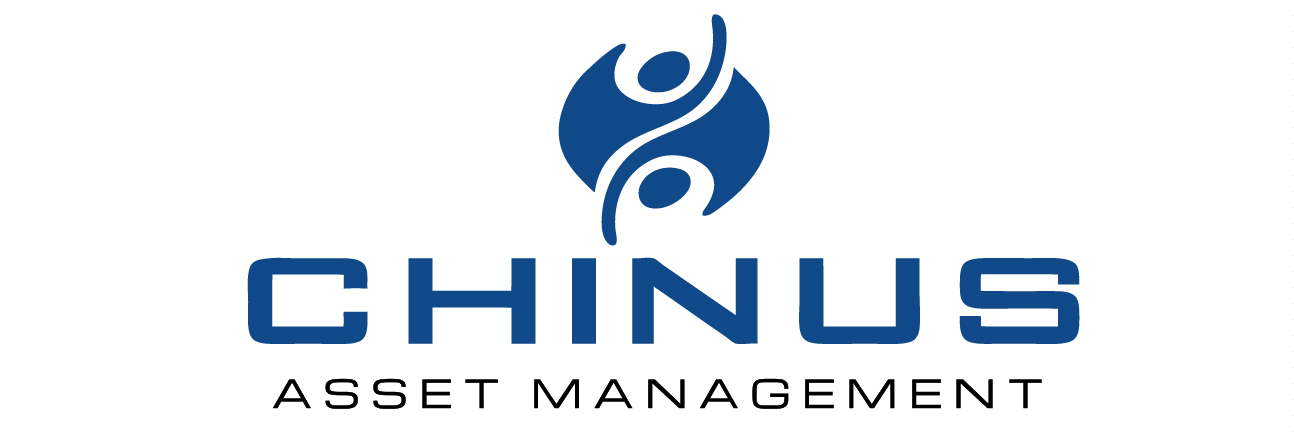Investors Look To Emerging Asia For Returns
/Emerging Asian markets have continued to rise in August, particularly China. Investor sentiment towards emerging Asia has improved markedly since Brexit occurred in June. This marks the first time since we formed Chinus Asset Management in 2008 that investor sentiment towards emerging Asia improved following a global macro crisis. As the Wall Street Journal reported last month:
Emerging markets aren’t a haven—but they look like a compelling alternative to the bigger concerns that still lie in developed markets. One month after the Brexit vote, and one week after the Turkish coup attempt, emerging markets show no signs of flagging. In fact, the surprise success story of the year appears to be gathering momentum… What were headwinds for emerging-market investors are turning into tailwinds.
Investors have pumped close to $13 billion into emerging-market stock funds over the past six weeks.
As a result, emerging market valuations have been recovering from near record lows at the beginning of the year. They are still substantially less expensive than developed country valuations.
In a world starved for returns, emerging Asia is one of the few regions with both rapid economic growth and attractive valuations.
China: As the “Emerging Destination” chart in the Asius section above shows, investors continue to be wary of China even as they rush into other emerging markets. We, on the other hand, have a contrarian view and are bullish on China. Our outlook is based on several factors:
- Our managers in China have relatively high earnings growth forecasts for their portfolio companies for 2016 that have not yet shown up in the stock prices. If their portfolio companies achieve 20-50% earnings growth, as our managers forecast, then stock prices will experience similar gains, assuming valuation multiples remain constant.
- Chinese market valuations are rebounding off of historic lows but still very attractive. MSCI China (which primarily track Chinese companies listed in Hong Kong) trades at 11.2x while the CSI300 (Shanghai index) trades at 12.6x. There is room for multiple expansion as valuations revert back to mean.
- The Chinese government announced that the Shenzhen-HK Stock Connect program will begin in Q4. Foreign investors will have access to 673 Shenzhen-listed companies with total market cap of $1.9 trillion. Chinese investors will get access to an additional 120 small cap stocks listed in Hong Kong with total market cap of $227 billion. When the Shanghai-HK Stock Connect program was initiated in late 2014, both onshore and offshore markets surged.
- Access to Shenzhen stocks is one of the key remaining hurdles for A-share market inclusion in MSCI indexes. Goldman Sachs estimates that China’s weight in MSCI indexes will increase substantially over the next two years as A-share market weighting increases. Each 1% increase of the MSCI Emerging Market index represents $15 billion of inflows into A-shares.
India: Indian markets have recovered strongly since February, pushing up P/E ratios above 20x compared to 17x historical average. However, the high multiples are less of a concern in India because corporate profits are forecast to grow strongly over the next several years.
Chinus Asset Management (CHAM), a U.S. West Coast-based asset management firm, provides investors exposure to the alpha-generating growth in China, India, South Korea and Southeast Asia, by utilizing an active investment strategy and local managers in each region.
© 2016, Chinus Asset Management, LLC



